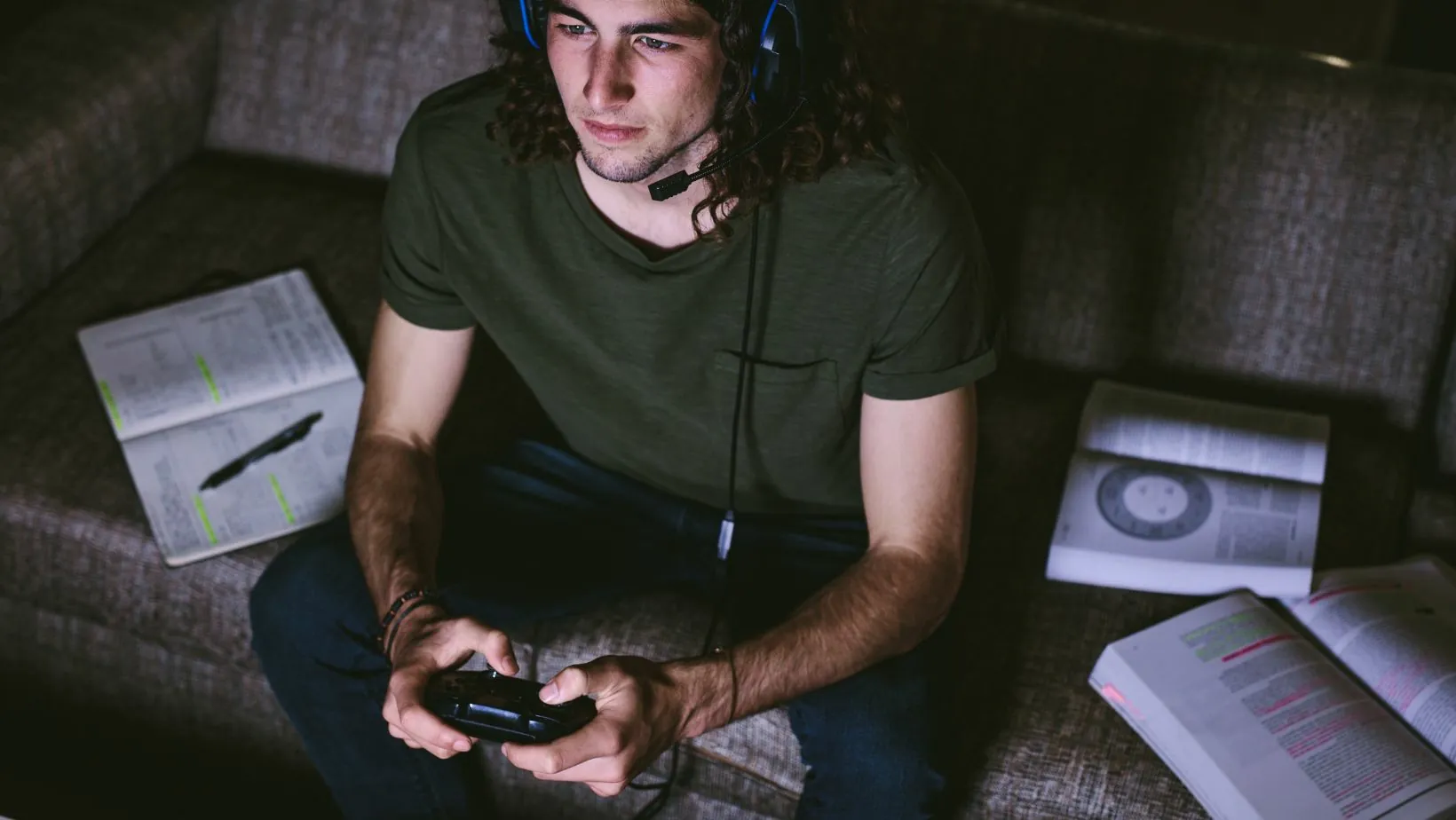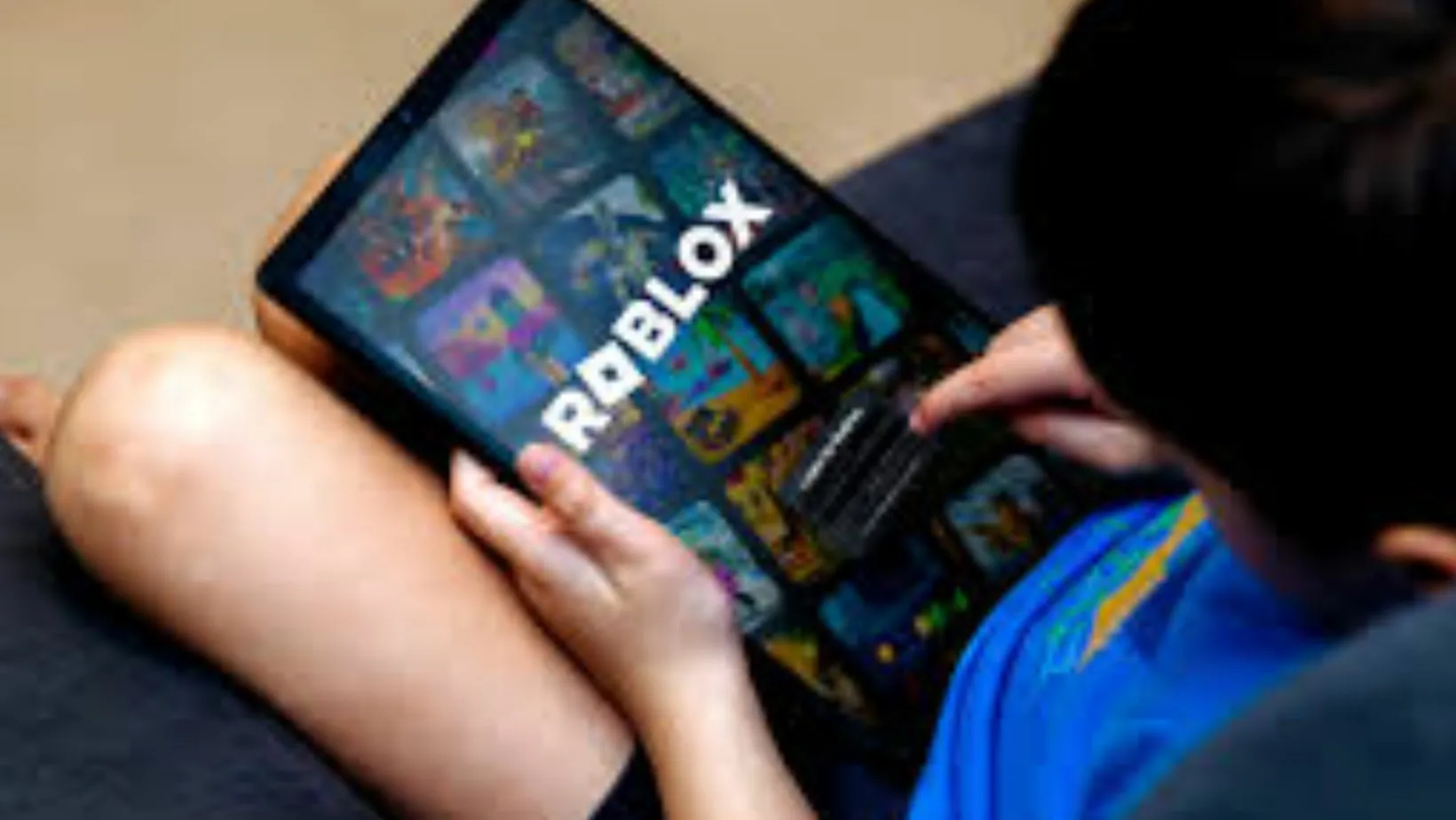Roblox has become a staple in many households, with millions of kids logging in daily to build, explore, and socialize. The platform promotes creativity and community, which is why it’s so appealing to younger audiences. But behind the colorful graphics and seemingly innocent gameplay, there are real challenges and risks that young players often face.
In some cases, these issues are serious enough to warrant a legal claim against Roblox, especially when children are harmed emotionally, financially, or psychologically. Below is a list of common problems young Roblox users may encounter—and why parents need to be aware of them.
1. Exposure to Inappropriate Content
Despite Roblox’s content filters and moderation system, inappropriate material still slips through the cracks. Children may come across games or chats that feature violence, explicit language, or even sexually suggestive behavior. While Roblox has rules in place, the sheer volume of user-generated content makes it difficult to catch everything.
This can be deeply unsettling for a child, especially when they’re too young to fully process or understand what they’re seeing. For parents, it’s a harsh reminder that no online platform is ever fully “safe.”
2. Online Predators and Grooming
One of the more alarming issues involves adults pretending to be children in order to groom young users. These predators use private chats and friend requests to build trust before asking for personal information or trying to move the conversation off-platform.
Although Roblox says it monitors for such behavior, predators often find ways around these controls. This is a serious concern that not only puts kids in danger but can also be grounds for legal action if Roblox fails to intervene effectively.
3. Gaming Addiction and Obsessive Behavior
Many Roblox games are designed with reward systems, in-app purchases, and streaks that keep kids coming back. For some children, what starts as fun quickly becomes a compulsion. They may skip meals, avoid homework, or lose interest in other activities.
Gaming addiction can have long-term effects on a child’s mental health, academic performance, and social development. In extreme cases, therapy or intervention may be required.
4. Financial Exploitation Through Robux
Robux, the in-game currency, is how players buy clothes, accessories, and access to certain games. While it may seem harmless, kids often don’t fully understand the real-world value of the money they’re spending. It’s not uncommon for children to rack up hundreds of dollars in purchases—sometimes without parental knowledge.
When the game uses tactics like limited-time offers or “pay-to-win” mechanics, it creates pressure to spend. Some families have sought refunds or even filed legal claims when these purchases get out of control.
5. Cyberbullying and Peer Pressure
Social interaction is a big part of the Roblox experience, but that also means kids are exposed to bullying, exclusion, and toxic behavior. Whether it’s name-calling, trolling, or pressure to join certain games, cyberbullying can take a real toll on a child’s self-esteem.

Without proper monitoring, these interactions can escalate—and Roblox may not always act quickly enough to ban the offending users or protect the victim.
6. Data Privacy and Lack of Transparency
Roblox collects data from its users to personalize experiences and target in-game content. However, many parents are unaware of how much information is being gathered or how it’s used. In some cases, privacy concerns have led to investigations or class-action lawsuits.
When dealing with minors, transparency and consent are crucial. A lack of both can be troubling—and could open the door to legal accountability.
Key Takeaways
- Roblox, while entertaining, comes with risks such as exposure to explicit content, online predators, and cyberbullying.
- Gaming addiction and financial exploitation are growing concerns for families.
- A claim against Roblox may be possible if harm is caused due to negligence or failure to enforce safety measures.
- Parents should monitor gameplay, set limits, and stay informed about what their children are exposed to.
- Open communication and the right legal advice can help families protect their children both online and offline.

